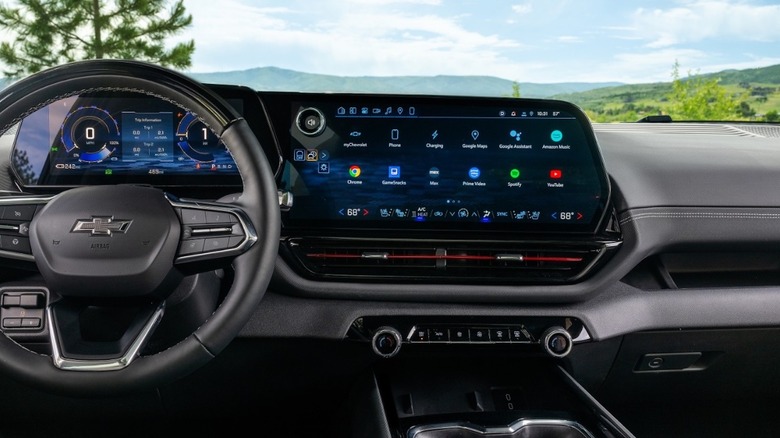
It seems we don't actually own what we buy anymore. From movies to software to cars, everything seems to be moving toward subscription-based models, and we hate it. Auto manufacturers are unrelenting in what they'll
try, and customers are pushing back hard, according to S&P Global's 2025 Connected Car Survey.
In 2024, 86% of the people surveyed said they would pay for connected services, which is quite a bit higher than other surveys we've seen. But even in this survey, that number dropped significantly to 68% in 2025. Also, 5% more respondents say they subscribe to no connected car services at all. The study cites the cost of these services as the main reason why people don't subscribe. This could also include people who simply refuse to subscribe to features already built into cars but require a subscription to activate and use. In many cases, such as Tesla's "Full Self-Driving," the sensors or cameras are already there, but it costs $99 per month to activate.
Additionally, smartphones already provide some of the same services such as navigation, entertainment, and remote control of certain functions. Perhaps this is why brands like GM, Tesla, and Rivian aren't supporting Apple CarPlay and Android Auto. However, smartphones can't provide driver safety systems or some EV-specific services. Drivers are most likely to shell out some extra cash for these subscriptions, which does make sense, even though they shouldn't be locked behind paywalls in the first place.
Read more: These Are Your Worst Experiences With A Recall
Security Like A Screen Door On A Submarine

Another significant concern people have over subscription services is security and the privacy of their data, and rightfully so. Data privacy is practically non-existent, with manufacturers, police, and the federal government able to access your data quite easily. GM got caught red-handed spying on its customers' driving habits, but it's far from the only culprit, with Ford and Toyota known to collect large amounts of personal data as well. They can then sell this information to third parties, for purposes as innocent as marketing or as potentially invasive as insurance companies, causing certain drivers' rates to rise based on their driving habits.
Earlier this year, hackers managed to access Subaru's connected services to reveal a car's past year of location history, a significant privacy concern. Fortunately, these hackers were the good guys, and Subaru patched the security hole before it was announced publicly. But we covered a similar story about BMW nine years ago, and the overall security situation does not seem to have improved much since then.
As much as we dislike them, manufacturers are not backing down on subscription service offerings. The promise of recurring monthly revenue is too tempting for them to ignore. At this point, they're essentially throwing things at the wall, seeing what sticks and what we object to. Hopefully, they won't introduce ads, pay-per-cylinder, subscription headlights, and other evil features you suggested.
Want more like this? Join the Jalopnik newsletter to get the latest auto news sent straight to your inbox...
Read the original article on Jalopnik.












